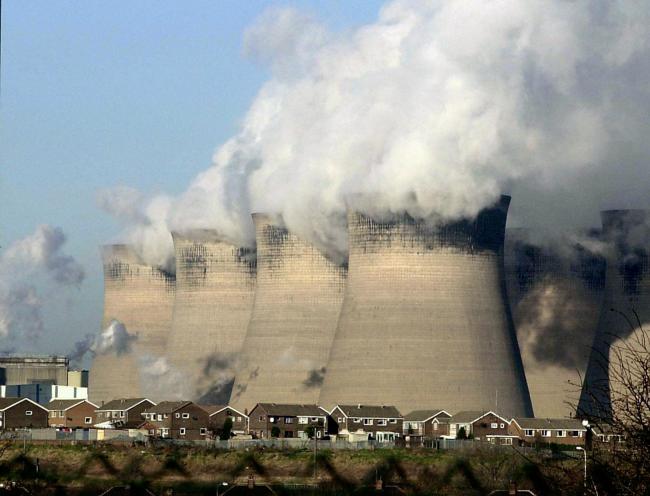
Asit K. Biswas and Cecilia Tortajada
THE HERALD | October 26, 2021
COP26 will start in Glasgow, 31 October to 12 November 2021. The event will bring together governments to accelerate actions to achieve the goals that were unanimously agreed to in the Paris Agreement during COP21, in 2015. This Agreement was a momentous event during which all the governments of the world agreed to work together so that global warming can be restricted to well below 2C but aimed for 1.5C, by adopting effective measures which will reduce the impacts of climate change and make funding available to reach all these goals.
In 2015, the world did not fully realise the extent to which impacts of climate change may affect humanity. The 2021 assessment of the Intergovernmental Panel on Climate Change (IPCC) indicated that its last assessment in 2013, did not reliably capture the likely impacts of climate change on the world. These impacts are likely to be much more severe than expected in 2013.
Extreme hydroclimatic events are now occurring more frequently all over the world. Consider 2021. It started with a record-breaking snowfall in Madrid during the first weeks of the year that resulted in damages costing €1.4 billion. Winter storms in Texas left 3.5 million households without power as the temperature dropped to -13C. China faced the worst dust storm in a decade, turning Beijing’s sky orange. Serious floods occurred in Germany, Australia, China, India and Indonesia. Extensive forest fires raged in the USA, Canada, France, Greece and Russia, and we experienced soaring unprecedented temperatures in the Pacific Northwest of the USA, Canada and Moscow.
The World Meteorological Organization noted climate change and extreme weather events have contributed to a major surge in natural disasters over the last 50 years. There were more than 11,000 such reported disasters globally, resulting in over two million deaths and $3.64 trillion losses. More than 91% of the deaths were in developing countries. This meant, during this 50-year period, average losses were $202 million each day. What is frightening is losses during 2010-19 were seven times those reported in 1970-79. Impacts of climate change will be mostly felt, directly or indirectly, through the medium of water.
If global warming is to be controlled, there is no question all countries will have to radically alter their development patterns and the people their current lifestyles. Politically and socially, this will be a very difficult task. Unless carefully managed, there will be winners and losers in each country, as well as between countries.
All major issues facing humankind are interrelated. The dynamics of our future will be determined not by any single issue like climate change, but by the interactions of a multitude of major issues.
Increasing population and urbanisation in the world will mean more food, energy, water and raw materials will be required by increasingly concentrated population centres. Common requirements linking all practical responses to the solution of these major problems must include greater investments, higher production, a continuous strive for efficiencies, use of more technology and expertise and intensified global cooperation.
Interrelationships are global, and they can be best understood and resolved within a global framework. While the framework may be global, within this there has to be a wide variety of coordinated national and regional responses.
Humankind has a common future. We survive or perish together, North and South, East and West. Should we ignore this salutary exhortation, we should heed the warning of William Shakespeare: “Men at some times are masters of their fates. The fault … is not in our stars, but in ourselves, that we are underlining.”
Asit K. Biswas is a Distinguished Visiting Professor at University of Glasgow, and Director of Water Management International Pte Ltd of Singapore. Cecilia Tortajada is a Professor at School of Interdisciplinary Studies, University of Glasgow
This article was published by The Herald, October 26, 2021.